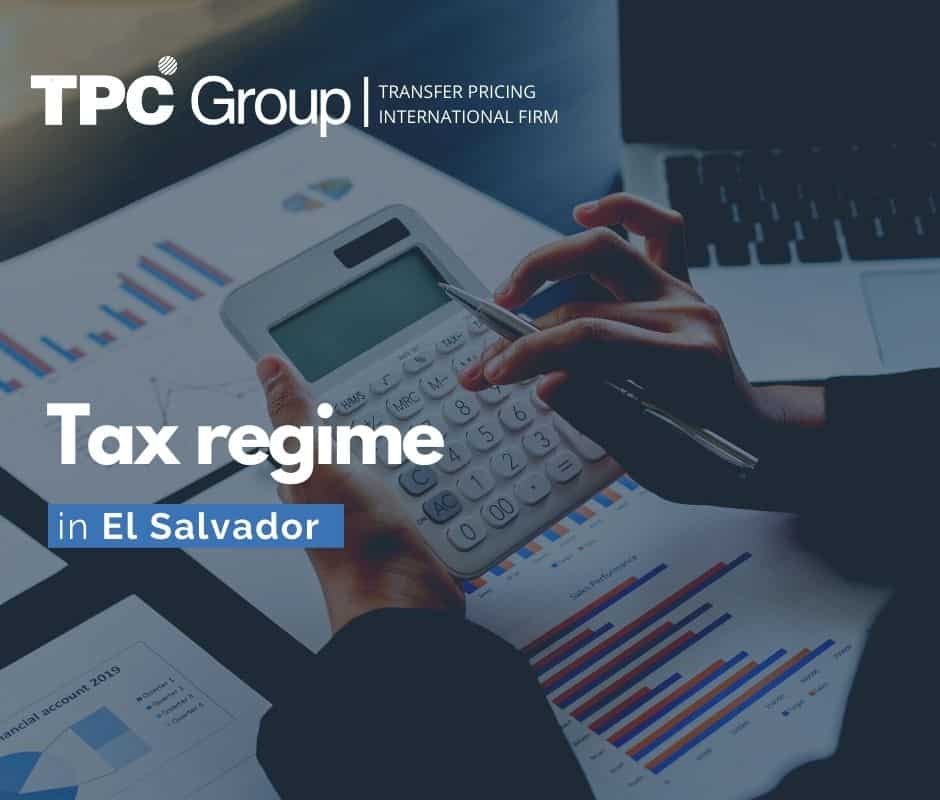El Salvador, unlike other countries in South America or Central America, has not established special tax regimes for types of taxpayers, i.e. in this country there is no specific regime for small and medium taxpayers or any simplified regime.
Therefore, all companies must pay their income tax under the same conditions and rates, with a difference in taxation only in the case of individuals.
This article briefly describes the tax regime to taxpayers subject to income tax.
Corporate Taxation
The taxpayers and companies, according to the Income Tax Law, are subject to a tax rate of 30% of the current income.
In accordance with the provisions of the Law, the taxable base for determining the tax will be net, i.e., after the deductions of costs and expenses being necessary to maintain the productive source.
It should be noted that the law has indicated that income and expenses shall be governed by the accrual principle, whereby the taxpayer must declare the income even if it has not been collected, and the expenses deducted in the tax period in which these are incurred, not necessarily being paid.
The tax period consists of 12 months, from January 1 to December 31 of a given year.
Allowable Deductions
All expenses considered necessary to produce or generate taxable income may be deducted, as well as to maintain the producing source such as salaries, water, electricity, administrative expenses, among others.
Tax Advances
Companies must make an advance payment of the tax during the year, whose rate is 1.75% of the gross income obtained, being applied on the annual tax.
Profit-Sharing Income Taxes
The Income Tax Law states that profits or earnings distributed to shareholders or partners will be subject to a 5% withholding by the company.
Taxation of Individuals
Regarding individuals, the law establishes that income earned in the country and, generally, any income considered of Salvadoran source will be taxed.
Tax Rate
Taxpayers will be subject to a progressive scale according to their annual income with rates of 10%, 20%, and 30%.
Gross Income
The gross income, i.e., the total remuneration for personal services rendered in the country, whether in cash or kind, will be considered for the taxable base.
Deductions
Among the main deductions that individuals can make are those related to the deduction of annual social security contributions, deduction of education and medical expenses, among others.
Filing Statements
Statements must be filed by each taxpayer to the Tax Administration in each April following the year the statement corresponds.




